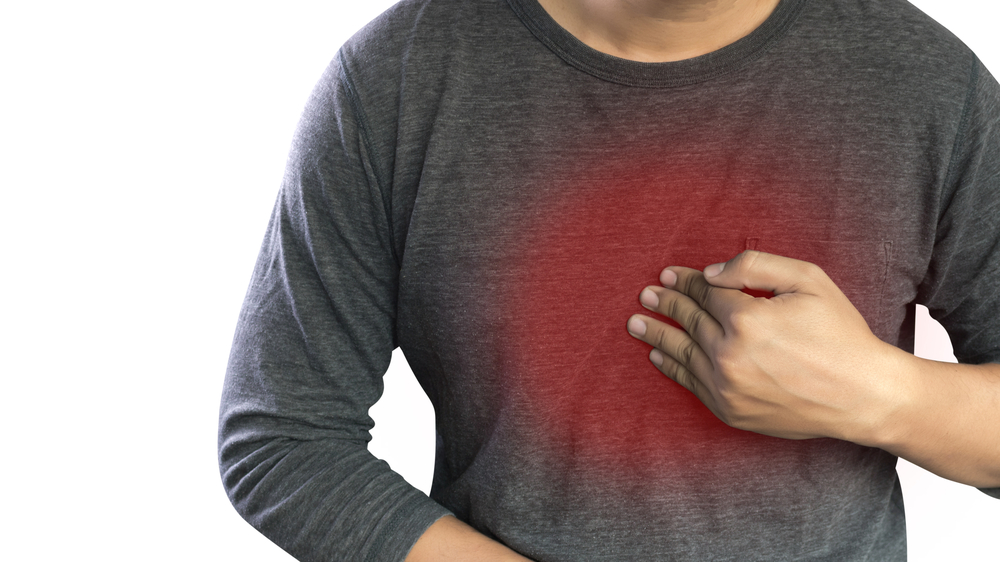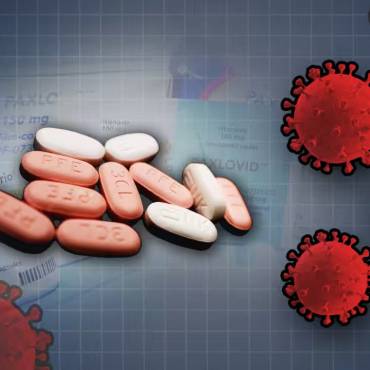If someone talks about acid reflux, we immediately think about indigestion and heartburn; we miss its many complexities. If you are among those people who suffer from acid reflux, you have turned to the right page. In some cases, acid reflux can be controlled by changing lifestyle habits while some require stomach acid treatments.
Information about Acid reflux
Studies have suggested that over 60 millions of people in the USA experience acid reflux at least once a month. Acid reflux symptoms are more common in elderly and women during pregnancy. An individual develops acid reflux when his/her poor functioning esophageal sphincter allows stomach acid to back up into the esophagus and airways. It is often called acid indigestion and heartburn. The condition often caused by weakening or malfunction of the lower esophageal sphincter, which is the tiny valve that separates the esophagus from the stomach.

Also Read: Signs of Potassium Deficiency
Treatment of acid reflux: Lifestyle interventions
It is necessary to avoid chocolate, alcohol, tobacco, and citrus juice if you suffer from acid reflux. Smoking, drinking, coffee, carbonated beverages, and chocolate intake causes a decrease in lower esophageal sphincter pressure. Some people find it helpful while in some cases, there is a need for acid reflux medicines along with dietary changes.
Therapeutic initiatives
Over the counter, antacids offer rapid relief from gastrointestinal reflux disease (GERD) symptoms, but the relief is for a short period in some cases. In clinical trials antacids were not shown to offer symptomatic relief; they are effective in healing erosive esophagitis. Antacids are known to treat breakthrough symptoms and are less effective than other medications used to treat GERD complications.
- Histamine H2 receptor antagonists
Like antacids, Histamine H2 receptor antagonists, including famotidine, nizatidine, and cimetidine provide temporary relief. Although, this class of drugs comes with a slower onset of action than antacids. Health care specialists do not allow the long-term use of these medications as the body of a patient develops tolerance within 7 to 14 days. These medications are not as effective as proton pump inhibitors (PPIs), which extremely effective in treating erosive esophagitis.
-
Prokinetics
Prokinetic medications including metoclopramide and cisapride work by activating dopaminergic or serotoninergic receptors to increase esophageal and gastric peristalsis, this action addresses the delayed gastric emptying in patients with acid reflux. These medications for stomach acid cure are successful in suppressing 70% of the acid in the gut. However, the process of relieving symptoms is slow, and these drugs provide relief for a short period. In clinical studies, none of them have been shown to be effective in healing high grade of esophagitis. Prokinetics responses include fatigue, increased risk of cardiovascular events, tardive dyskinesia, and tremor. These side effects associated with Prokinetic medications limit their use for acid reflux.
- Proton Pump Inhibitors (PPIs)
Proton pump inhibitors, another class of drugs used to neutralize stomach acid includes lansoprazole, pantoprazole, esomeprazole, rabeprazole, and omeprazole. These are the most effective medications available to treat GERD. Studies have revealed that the number of yearly prescriptions for PPIs has doubled in the last ten years, which is interesting. This data shows that how effective these medications are for a stomach acid cure. The stomach acid relief medicine exerts its mode of action by blocking the gastric acid pump (hydrogen/potassium ATPase) of the parietal cells in the stomach. PPIs are known to provide rapid relief; they are considered as faster than prokinetics and Histamine H2 receptor antagonists in relieving GERD complications. They are an effective option for long-term healing of esophageal erosion. Like other medicines, PPIS too has side effects, and these include a headache, insomnia, diarrhea, anaphylaxis, and nausea.
Also Read: Questions to ask your nutritionist when diagnosed with Crohn’s disease
Your healthcare specialist will advise you to begin an anti-acid reflux diet. The diet includes stomach acid cure foods to control your symptoms. Eliminate foods like raw onion, spicy foods, peppermint, Caffeine, tomatoes products etc.



